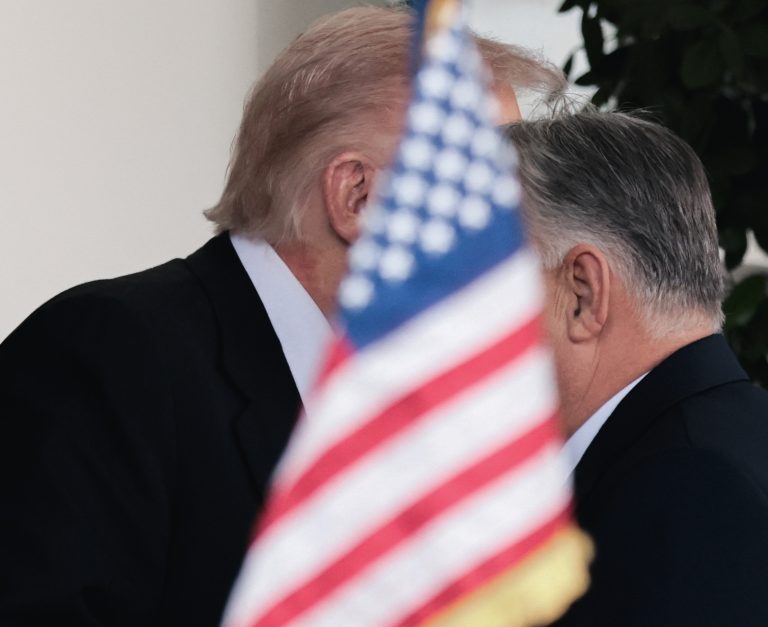On his recent return from the United States, Hungarian Prime Minister Viktor Orbán also boasted of another, as yet unmentioned, achievement. Alongside talk of permanent exemptions from US sanctions on imports of Russian energy raw materials, Hungary can supposedly count on dollar protection from the US.
"I have agreed with the American president on the establishment of a financial shield," Orbán said, adding that this was another outcome of his meeting with Donald Trump. The White House has not yet confirmed his words.
In practice, this could mean that if, for example, Hungary, or its currency the forint, were to be the subject of a speculative attack, or if the country were to be hit by a downgrade of its debt rating by one of the world's major credit rating agencies, the United States would come to the rescue.
In any case, Hungary would not be the first. Argentina has already received unprecedented help from the United States this October. We can thus speak of a partial dollarisation of the country, at least in case of crises and currency shocks.
Since last month, a so-called USD 20 billion currency swap has been in operation between the United States and Argentina. The Argentine central bank is free to use these funds, provided by the US Treasury, for example, to pay off its debt.
'In return', Argentina has transferred an amount in its own currency equivalent to USD 20 billion to the accounts of the United States. The swap is activated only at the moment of drawdown, when the amount drawn - which need not be the full amount granted - becomes part of the foreign exchange reserves.
It is, in effect, a loan from the United States to Argentina, which only becomes a debt at the moment of drawdown. Unlike development aid, the loan is assumed to be repaid, with interest.
For example, the United States has had a swap agreement with Mexico for the past thirty years or so, but the funds in question have never been activated.
Recently, in addition to the establishment of the swap line (prior to the Argentine mid-term elections of President Javier Milei), the United States has intervened directly in the foreign exchange market. By buying pesos against dollars, it has stabilised and strengthened the Argentine currency. This historically unique and, according to analysts, 'unprecedented' operation helped to calm the peso and probably contributed in some way to the unexpectedly convincing victory of Milei's party in the elections at the end of October.
Hungary also faces parliamentary elections in April next year. Orbán is now pulling out the dollar protection card, apparently similar to the one that helped Milei before the elections.
Both Orbán and Milei have an above-standard relationship with Trump, who - at the expense of the American taxpayer - is or may be providing them with political assistance in the form of economic stabilisation. This is, in effect, a partial dollarisation, the creation of a partial monetary union, put into operation temporarily at a time of crisis, when the peso and, apparently, the forint can benefit from the unrivalled international strength of the dollar, the world's number one reserve currency.
In Orbán's case, another dimension is also important. The Hungarian Prime Minister portrays the 'dollar shield' as a means of reducing his country's dependence on the European Union, which withholds from Hungary more than USD 20 billion in subsidies from the Union's budgets.
Brussels justifies the withholding on the grounds of corruption in Hungary and shortcomings in the functioning of the legal system there. The withholding of funds contributes to the weakening of the forint, potentially making it more susceptible to speculative attacks or shocks following a possible rating downgrade.
However, Orbán can now - especially ahead of the forthcoming parliamentary elections - say that what the 'bad' Brussels has withheld from them, the 'good' friend Trump will give them, or even more.
By favouring his political allies and arbitrarily allocating dollar protection on the basis of personal ties, the US President is undermining the role of international institutions such as the International Monetary Fund, which he rather despises. Indeed, it attributes to them unwelcome 'globalist' tendencies.
Text originally published on lukaskovanda.cz.
